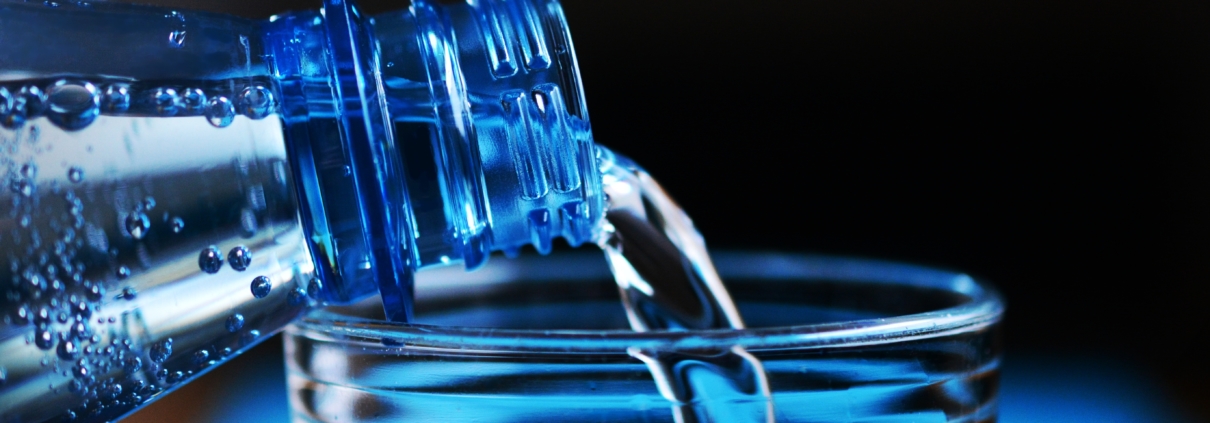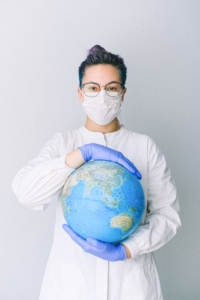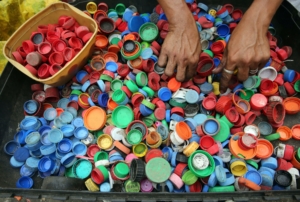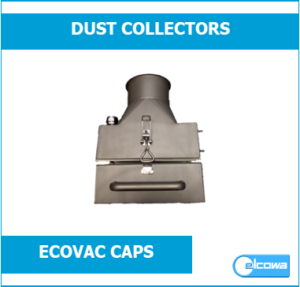MICROPLASTIC IN WATER
A study published last year in Frontiers in Chemistry analyzed samples from 259 bottled waters sold in various countries, and its unsettling conclusion was that plastic contamination is widespread, with 93% of the samples containing synthetic polymer particles known as “microplastics.”
A danger to health and the environment
Although the number of studies on this subject remains limited, it has been acknowledged that certain microplastics contain extremely toxic and carcinogenic endocrine disruptors. This is particularly alarming as a large portion of mineral waters are intended for infant nutrition, particularly for the preparation of baby bottles.
Studies on animals have shown a correlation between the ingestion of microplastics and the development of disorders in metabolism, the intestinal microbiota, and the brain. The environmental consequences are also significant. Microplastics are non-biodegradable and are the main cause of ocean pollution today.
What about the cap ?
The cause of this contamination could be the cap. In fact, during the production of this piece, residues and plastic dust in particular can remain on the cap. These harmful particles will contaminate the water during bottling.
Our solution
The electrostatic phenomenon can prevent manufacturers from thoroughly cleaning their caps during the manufacturing process. Residues and dust can remain on the materials due to the attraction. These elements are often invisible to the naked eye, but can have serious consequences on the health of consumers and the environment.
Elcowa designs, develops, and manufactures custom dedusting systems for internal and external dust removal of caps.
Thanks to the Ecovac Caps dust collector, which is specifically designed for cleaning plastic caps (PET, polypropylene, etc.), utilizing ionization technology.
It is extremely important today to be vigilant against plastic pollution in order to protect consumers and our planet.
They talk about it :
Microplastics in Our Waters, an Unquestionable Concern – PennState Extension





